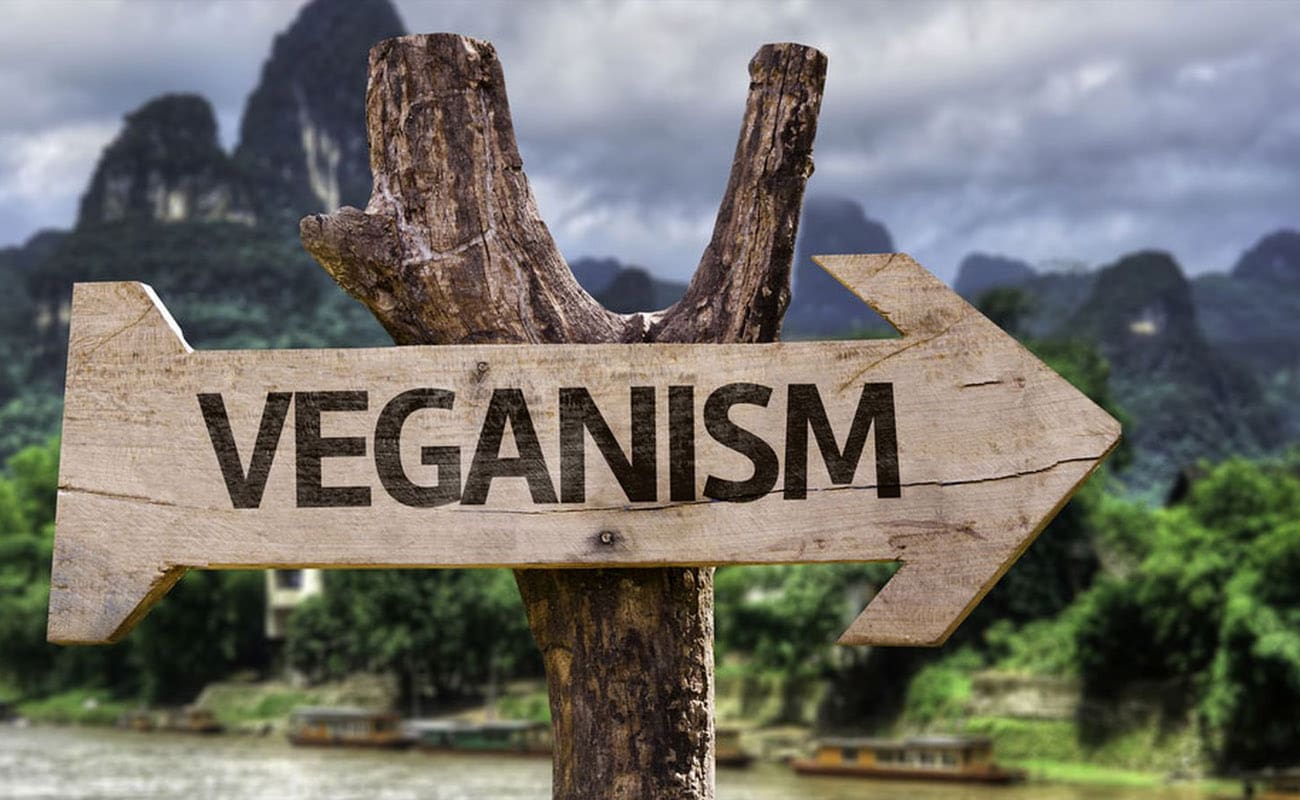The Myths & Misconceptions category uncovers the deeply rooted beliefs and cultural narratives that distort our understanding of veganism, animal rights, and sustainable living. These myths—ranging from “humans have always eaten meat” to “vegan diets are nutritionally inadequate”—are not harmless misunderstandings; they are mechanisms that protect the status quo, deflect ethical responsibility, and normalize exploitation.
This section confronts myths with rigorous analysis, scientific evidence, and real-world examples. From the persistent belief that humans need animal protein to thrive, to the claim that veganism is a privileged or impractical choice, it deconstructs the arguments used to dismiss or delegitimize vegan values. By revealing the deeper social, economic, and political forces that shape these narratives, the content invites readers to see beyond surface-level justifications and engage with the root causes of resistance to change.
More than just correcting errors, this category encourages critical thinking and open dialogue. It highlights how dismantling myths is not only about setting the record straight, but also about creating space for truth, empathy, and transformation. By replacing false narratives with facts and lived experiences, the goal is to build a deeper understanding of what it truly means to live in alignment with our values.
As the popularity of veganism continues to rise, so does the abundance of misinformation and myths surrounding this lifestyle. Many individuals are quick to dismiss veganism as simply a trend or a restrictive diet, without understanding the deeper ethical and environmental implications. However, the truth is that veganism is much more than just a diet – it’s a conscious choice to live in alignment with one’s values and contribute towards a more compassionate and sustainable world. In this article, we will delve into some of the most common myths and misconceptions surrounding veganism, and explore the reality behind them. By deconstructing these myths and embracing a plant-based life, we can gain a better understanding of the benefits of veganism and how it can positively impact not only our own health but also the health of the planet. So, let’s take a closer look at the phrase, "But cheese tho", and …


























































